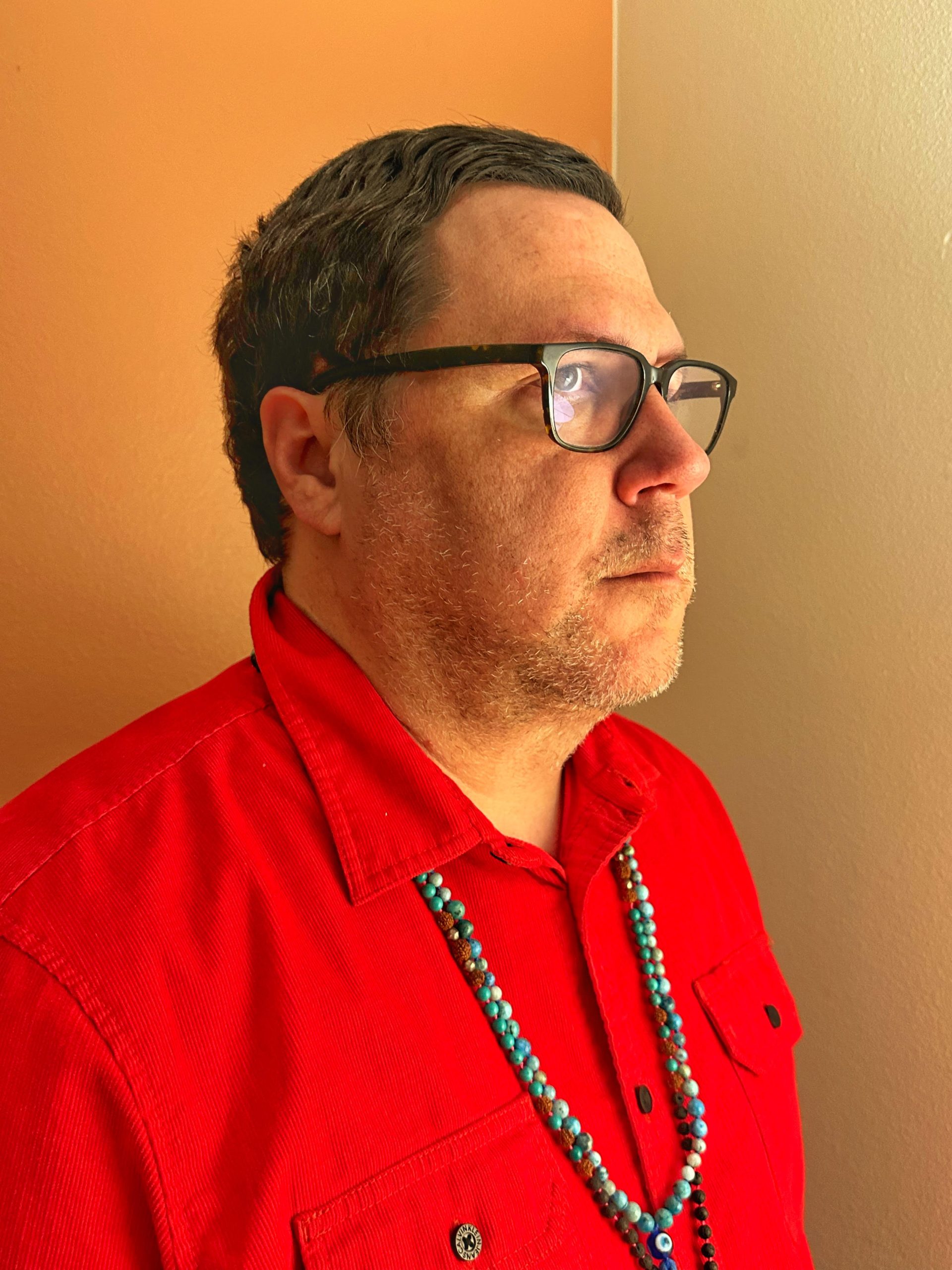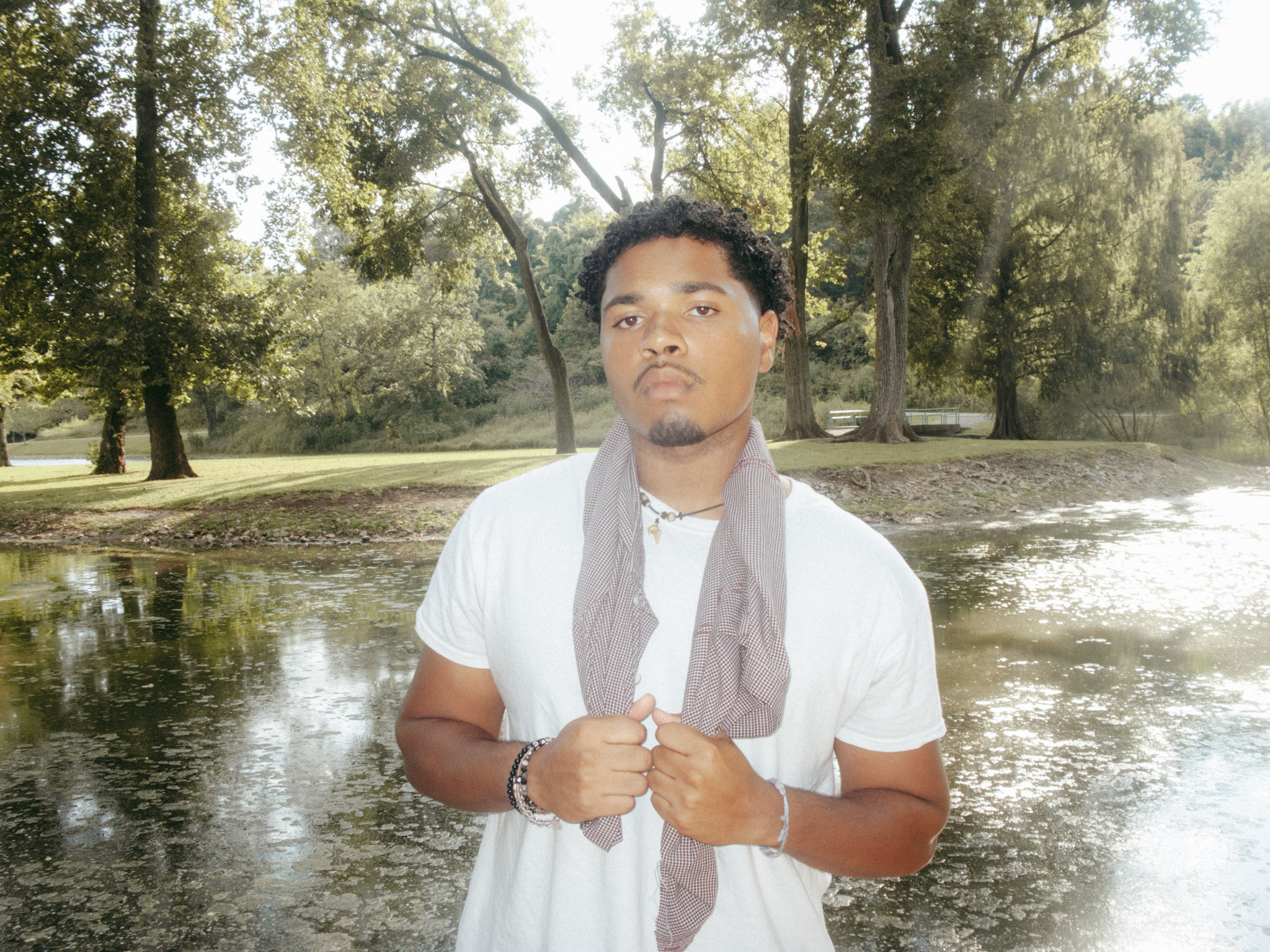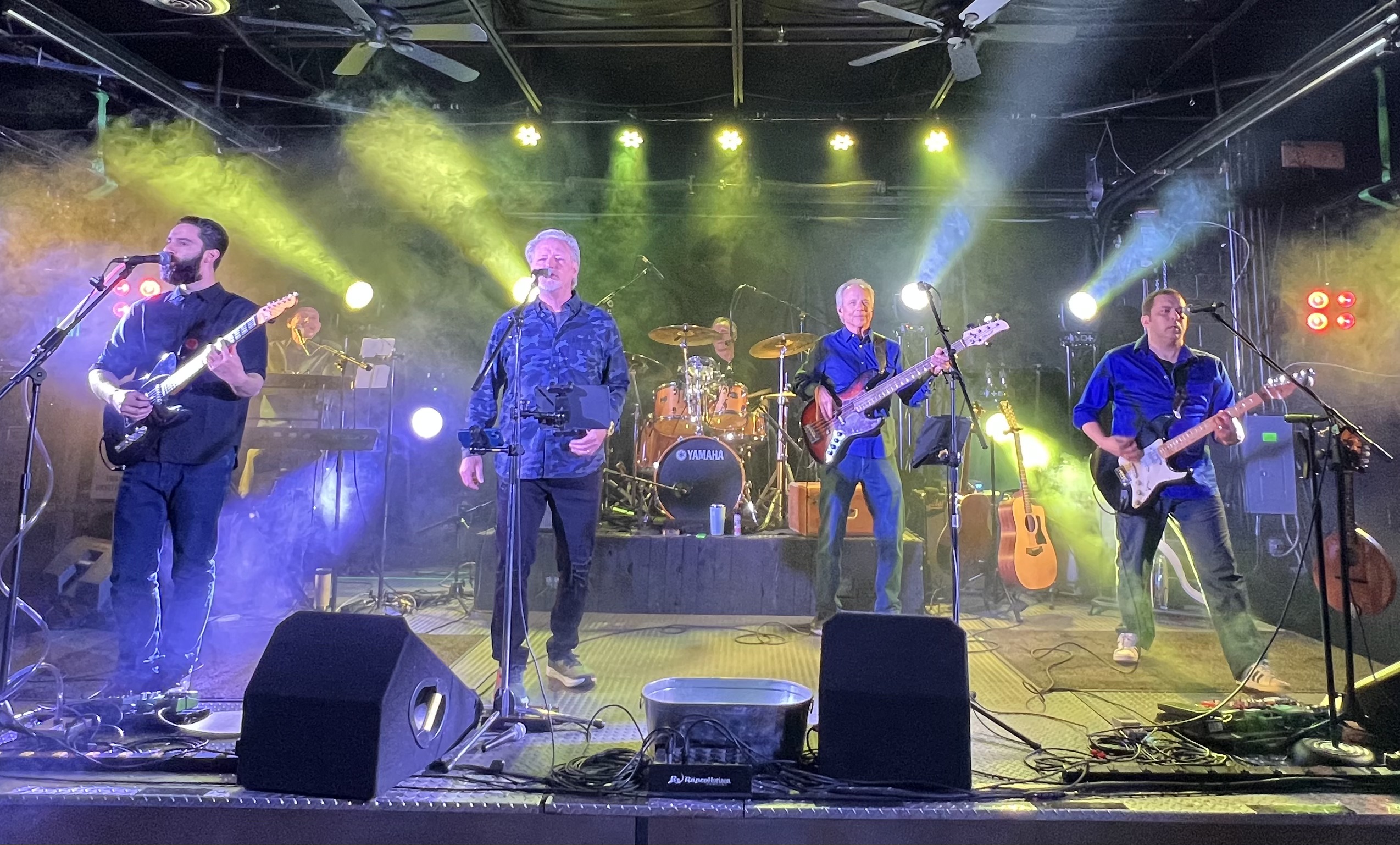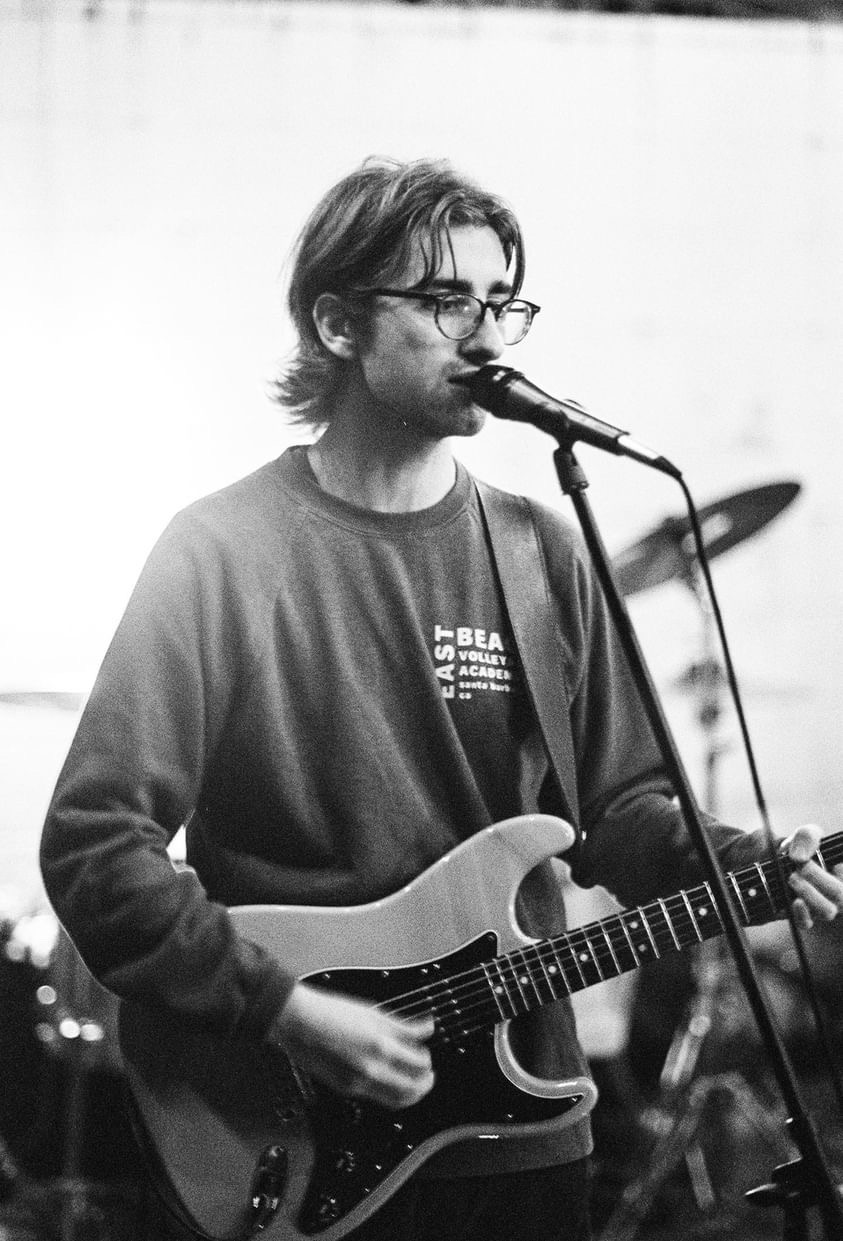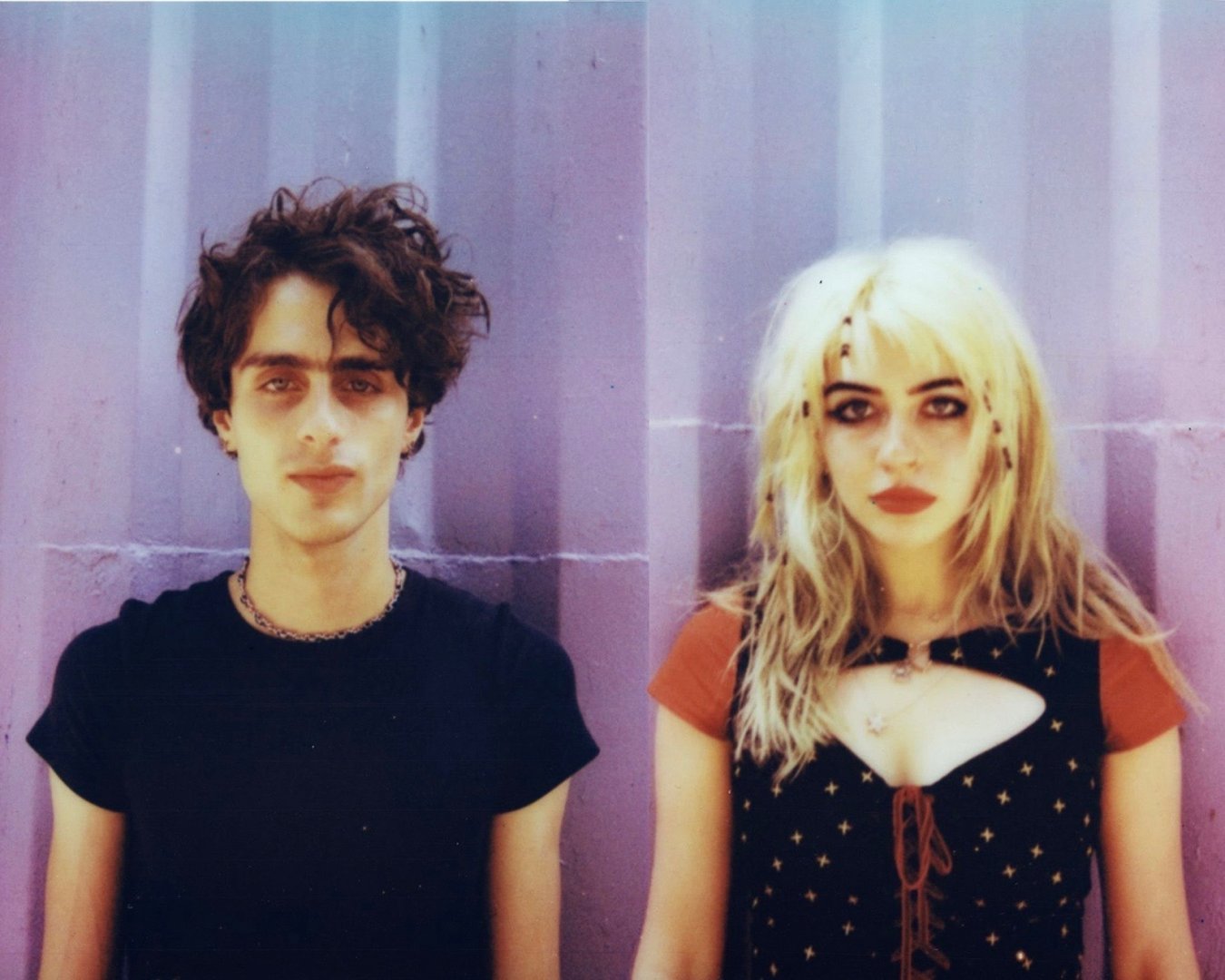
“Play on, there’s no such thing as better days,” Damien Jurado sings on “Roger,” the sweeping wash of a song that opens Reggae Film Star, his 18th full length album and second release from Jurado’s own Maraqopa Records label. But as he enters his 25th year as a recording artist, it’s clear these are, at the least, very good days for Jurado on the creative front. In these 12 songs, which evoke half-recalled dreams and overheard conversations, the cosmic rushes headlong into the autobiographical and specific moments on the clock fade from past to future to scenes set only in the eternal now.
Playing out like a backlot documentary filmed on the location of an unnamed TV or film set—maybe a sitcom taping, or perhaps it’s a low budget science fiction B-movie, or could it be a talk show?—the album is populated by performers awaiting call times, camera operators praying for their shot, and studio audiences rapt with anticipation. The stars here eschew glitz and glamor. Instead, they wander grocery stores and parking lots in the verdant Pacific Northwest and the desert Southwest, looking for payphones and a sense of purpose.
Produced by Jurado with multi-instrumentalist Josh Gordon and recording engineer Alex Bush at Sonikwire studio in Irvine,CA, Jurado’s home away from home and musical headquarters, the record’s compositions are among the most musically rich in his vast discography, encompassing romantic AM gold, ‘60s psychedelia, driving rock & roll, Latin shuffles, and left of the dial ambiance. Strings swell, melodic bass bubbles, and piano sparkles, undergirding Jurado’s unmistakable voice, at once intimately present and ghostly, grounded in the here and now but capable, at any moment, of drifting off into the divinatory. Following threads established by 2021’s The Monster Who Hated Pennsylvania, the album sees Jurado embracing his auteur era, penning vignettes that arrive with little fanfare and depart quicker than you might suspect, only to linger long after they wrap.
Seeking a skeleton key to decipher the action is beside the point—Jurado’s songs are worlds meant to be lived in, not picked apart—but on the beatific single “What Happened To The Class Of ‘65?” the singer imagines himself as both the viewer and the viewed, the eye behind the camera and its subject. This emotional and spiritual transference animates Reggae Film
Star. Like a masterful director, Jurado offers motivation to the listener, staring unblinkingly from the mise-en-scène in your mind. “Look into the camera,” he commands on “The Day Of The Robot,” “One more time with anger/And sadness/I believe you.”
A quarter-century in, Jurado remains gripped by his visions and driven by an unmatched creative drive. Reggae Film Star is one of Damien Jurado’s finest works to date, a stunning new feature from one of indie rock’s most cinematic figures. Here on this sound stage, you are the camera, you are the scene, you are the setting, and you are the viewer. Please try not to blink.
-Jason P. Woodbury
UPCOMING SHOWS
Damien Jurado
St. Yuma
PAST SHOWS
Damien Jurado
Nick Delffs
SIMILAR ARTISTS
